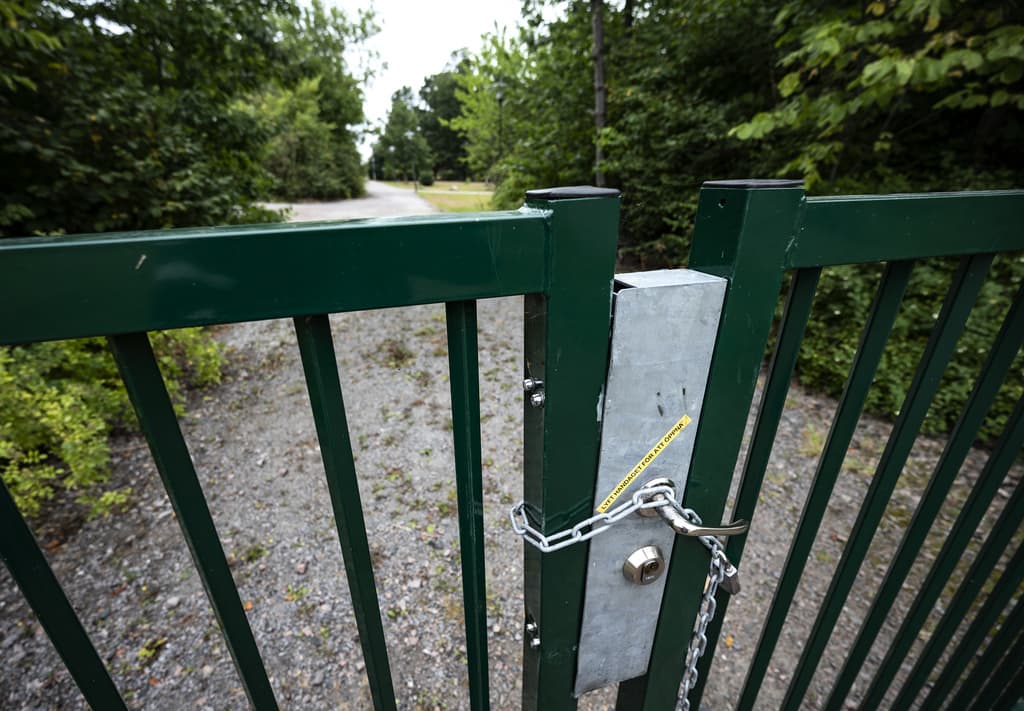Health centers, dental care – and now HVB homes. The alarms about organized crime within the public sector have been several in recent years.
The latest came last week when the police's National Operational Department (Noa) in a previously secret report stated that organized and family-based crime likely has entered the HVB market.
What we see is remarkable and system-threatening, says Peter Allheim, commissioner at Noa.
According to the report, it concerns 18 HVB homes in southern, western, and central Sweden where authorities have been forced to take action due to direct or indirect connections to organized crime.
Complicated setups
To operate HVB activities as a private actor, a permit from the Inspectorate for Health and Care (Ivo) is required. In connection with this, an examination of ownership relationships and persons close to the owners is conducted.
If nothing comes up, we have no opportunity to deny the permit, says Ivo's unit manager Anna Karin Nyqvist.
She also tells about complicated business setups where people are added without Ivo's knowledge.
It can be that we get information about connections to criminal actors, but if we can't confirm it with clear material that holds up in court, it's difficult to do anything about it as the legislation is now.
Demanding tools
Last year, seven HVB homes had their permits revoked, while the rejection frequency for applications was 42 percent. Whether these decisions were based on connections to organized crime, Anna Karin Nyqvist cannot answer.
Both the police and Ivo are demanding better tools. Among other things, Ivo wants to make it easier to share information between authorities with more secrecy-breaking rules.
The agency has also requested access to the police's suspicion register.
We have presented about 40 proposals for legislative changes to the government precisely because we see that we need other tools to counter criminal actors, says Nyqvist.






